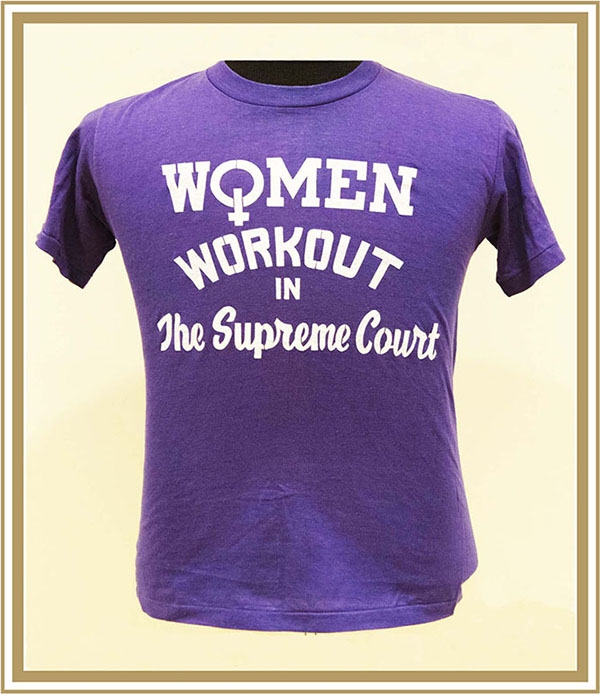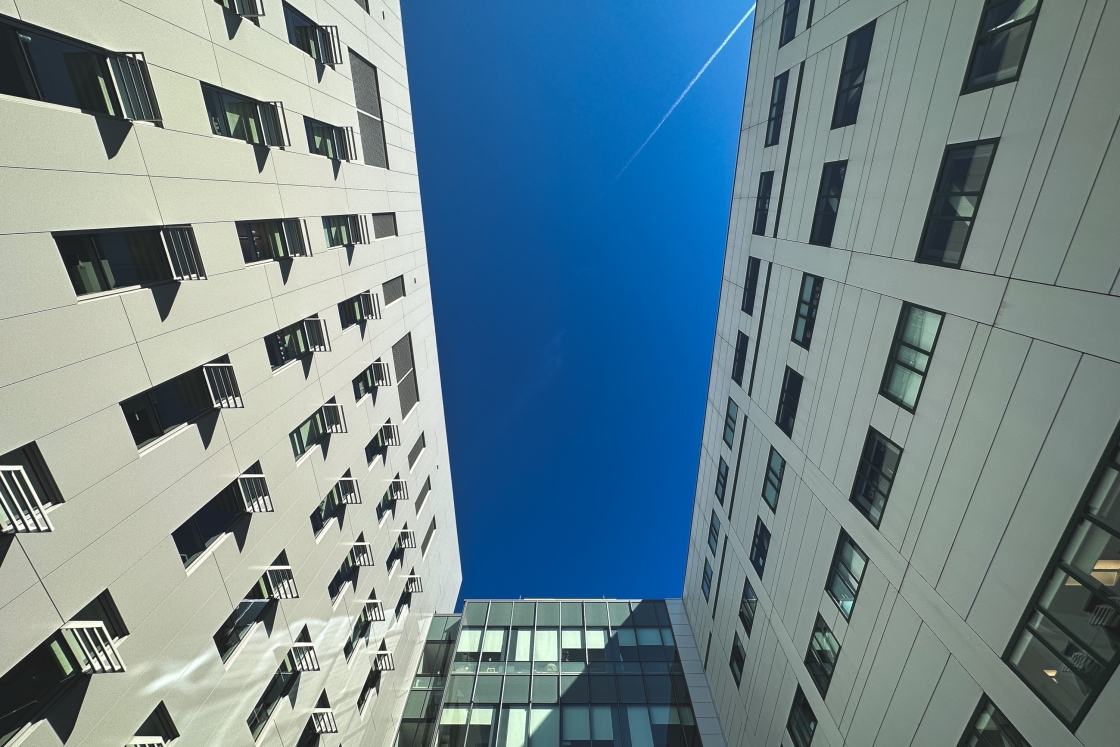Supreme Court Justice Sandra Day O’Connor, who died Friday at 93, made an appearance at Dartmouth early in her tenure as a Class of 1930 Fellow through the Nelson A. Rockefeller Center for Public Policy.
Addressing an audience of more than 1,000 people at Dartmouth in April 1984, O’Connor reflected on the fact that the number of lawyers in the U.S. had surged to 650,000—two thirds of all attorneys in the world.
“I think it’s probably too many, so I’m not one who encourages every young person to go into the legal profession,” UPI reported her saying.
A former appeals court judge and state senator in Arizona, O’Connor told the crowd that public service, experience, and luck play a role in Supreme Court nominations.
“I never aspired to be on the court. I never even thought of it as a possibility,” she said during what was reported to be her first public appearance in New England after her swearing-in by President Ronald Reagan in 1981.
Those who remember O’Connor’s campus visit include retired government professor Lynn Mather, who sat next to her at an informal lunch at the Rockefeller Center.
O’Connor, who would serve on the Supreme Court until 2006, was “very warm, very gracious,” yet also reserved, Mather says. “It was clear that substantive topics were going to be off limits. This was going to be more chit-chat about New England and the weather.”
While O’Connor would later become a stronger voice for women, at the time, the Republican-appointed justice “would never emphasize” the fact that she was the first woman on the court, Mather says.
Yet her appointment had an impact on campus, Mather says, helping women, especially women students, imagine themselves “in a career path that could eventually lead to something as exalted as a Supreme Court position.”
Years later, during the Department of Government’s Washington D.C. Off-Campus Program, one of Mather’s students would experience firsthand an effort by O’Connor to promote women’s interests.
Barbara Fiacco ’91, who interned with the Supreme Court, says she was “lucky enough” to take part in aerobics classes alongside Justice O’Connor. The workouts were held in a small gym on an upper floor of the building, a basketball court nicknamed “the Highest Court in the Land.”
The gym, which had just one locker room, was known to be used by Justice Byron White, who played basketball there with law clerks, says Fiacco, now an attorney with a major firm in Boston. O’Connor had organized the classes so “the women who worked in the court building, from law clerks to administrative staff and interns,” could use the facilities.

“There was a sense of camaraderie as the women took over the gym and locker room,” says Fiacco, who finished spring term “with fun memories of doing aerobics with the first woman Supreme Court justice, and a custom souvenir T-shirt from the class.”
